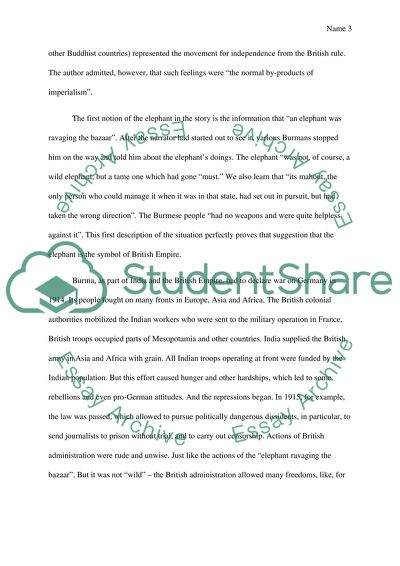Cite this document
(“Elephant As A Symbol Of The Colonialism In Orwells Novel Essay - 1”, n.d.)
Elephant As A Symbol Of The Colonialism In Orwells Novel Essay - 1. Retrieved from https://studentshare.org/visual-arts-film-studies/1399252-essay
Elephant As A Symbol Of The Colonialism In Orwells Novel Essay - 1. Retrieved from https://studentshare.org/visual-arts-film-studies/1399252-essay
(Elephant As A Symbol Of The Colonialism In Orwells Novel Essay - 1)
Elephant As A Symbol Of The Colonialism In Orwells Novel Essay - 1. https://studentshare.org/visual-arts-film-studies/1399252-essay.
Elephant As A Symbol Of The Colonialism In Orwells Novel Essay - 1. https://studentshare.org/visual-arts-film-studies/1399252-essay.
“Elephant As A Symbol Of The Colonialism In Orwells Novel Essay - 1”, n.d. https://studentshare.org/visual-arts-film-studies/1399252-essay.


